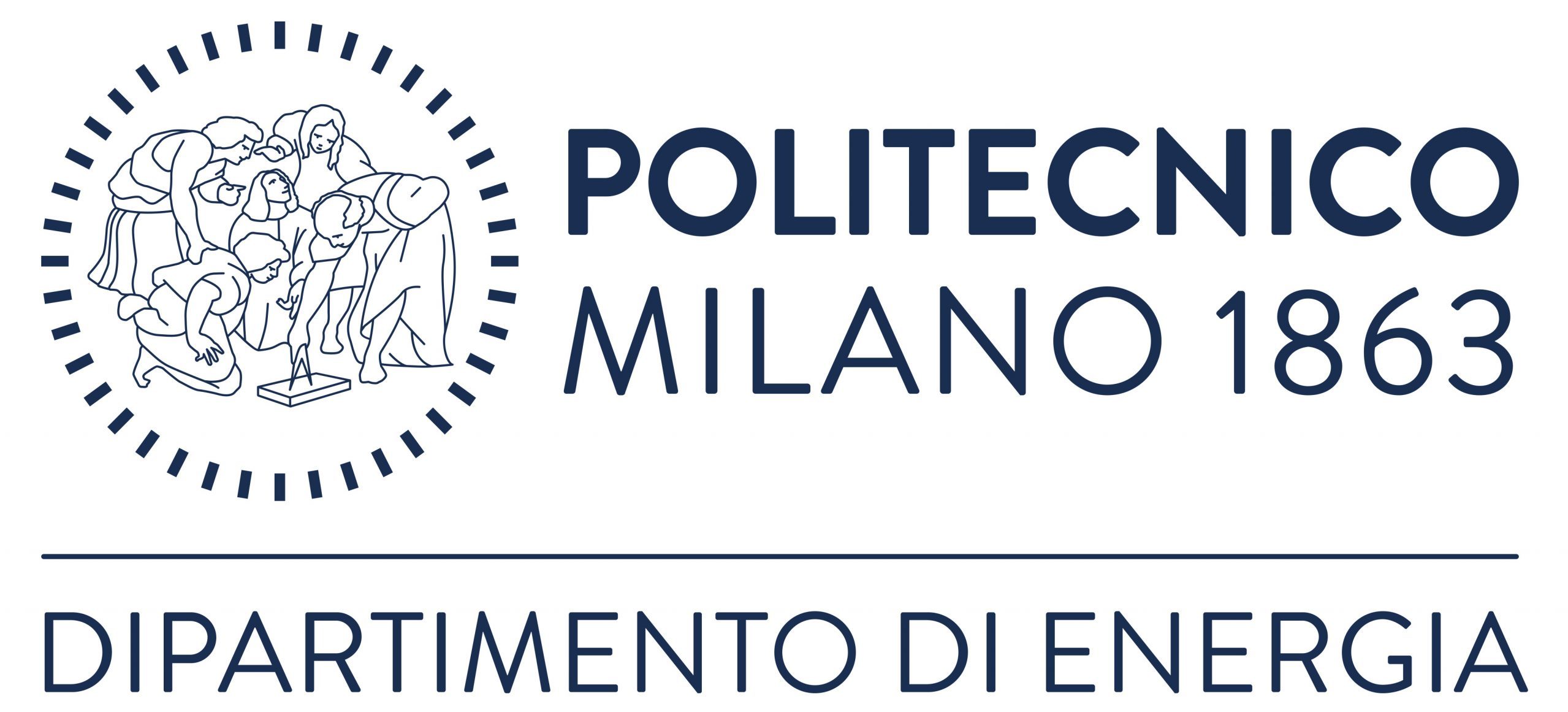PERIOD AND LOCATION
The course will be held from 5 to 9 May 2025.
It will be held in hybrid setting (both physical and virtual attendance is allowed) at the Department of Energy – Politecnico di Milano, Campus Bovisa La Masa, 20156, Milano.
COURSE PARTICIPANTS
The expected participants to the course are data scientists, operation/maintenance engineers, asset/facility/energy managers, R&D and sustainability managers, researchers and PhD students working and studying in the areas of energy components and systems design, optimization, reliability and safety analysis, maintenance engineering, built environment, building simulation/management, HVAC and thermal systems, power system modelling, electrical mobility, renewable energy generation and other energy domains.
TRAINING FORMAT
The course offers lectures on AI methods and their practical application to energy components and systems. It has a modular framework with two mandatory modules:
Module 1: AI fundamentals
Module 2: Implementation of AI methods using the Python Data Science Stack.
The participant can also choose from a portfolio of modules dedicated to the application of AI in different energy domains:
Module 3: AI for modelling thermal systems
Module 4: AI for renewable generation forecasting/ AI for integration of electric vehicles
Module 5: AI for reliability analysis and maintenance engineering of energy components and systems
Module 6: AI for risk and resilience assessment of energy systems
Lectures are held in English. All participants will receive a complete set of presentation slides with specific examples and case studies,
selected reference lists and resources in electronic format. In the sessions of module 2, the general implementation of AI methods using Python Data Science Stack is practiced hands-on by the participants. The following modules also include hand-on practice, during which the participants directly apply the methods explained in the lectures to practical case studies of application.
CONTENTS
Methods:
State-of-the-art data analysis & feature generation methodologies, clustering methods, regression, classification, and prediction algorithms, optimization methods, and reinforcement learning.
Applications:
Prediction-Driven Adaptive/Real-Time Optimization for Energy Efficiency; Renewable Generation Forecasting / Integration of Electric
Vehicles, Benefits of AI in Major Energy Systems; Demand Flexibility, Self-Consumption Enhancement and Demand Side Management.
Reliability and Availability Analysis; Prognostics and Health Management (PHM); Preventive, Condition-Based, Predictive and Prescriptive Maintenance; Remote Auditing and Load Disaggregation; Risk and Resilience Assessment and Management
Computer hands-on labs:
Air-Conditioner’s Load Prediction; Indoor Temperature Forecasting, Occupancy Status Estimation; PV Generation Forecasting; Autoencoders for Fault Detection; Neural Networks for Component Fault Diagnostics and Prognostics; Particle Filtering for Failure Time Prediction; Fuzzy C-Means for Accidental Scenarios Post-Processing
CERTIFICATE OF ATTENDANCE
At the end of the course, the participants will receive a certificate of attendance, provided that they have attended at least 80% of the 2 mandatory modules.

